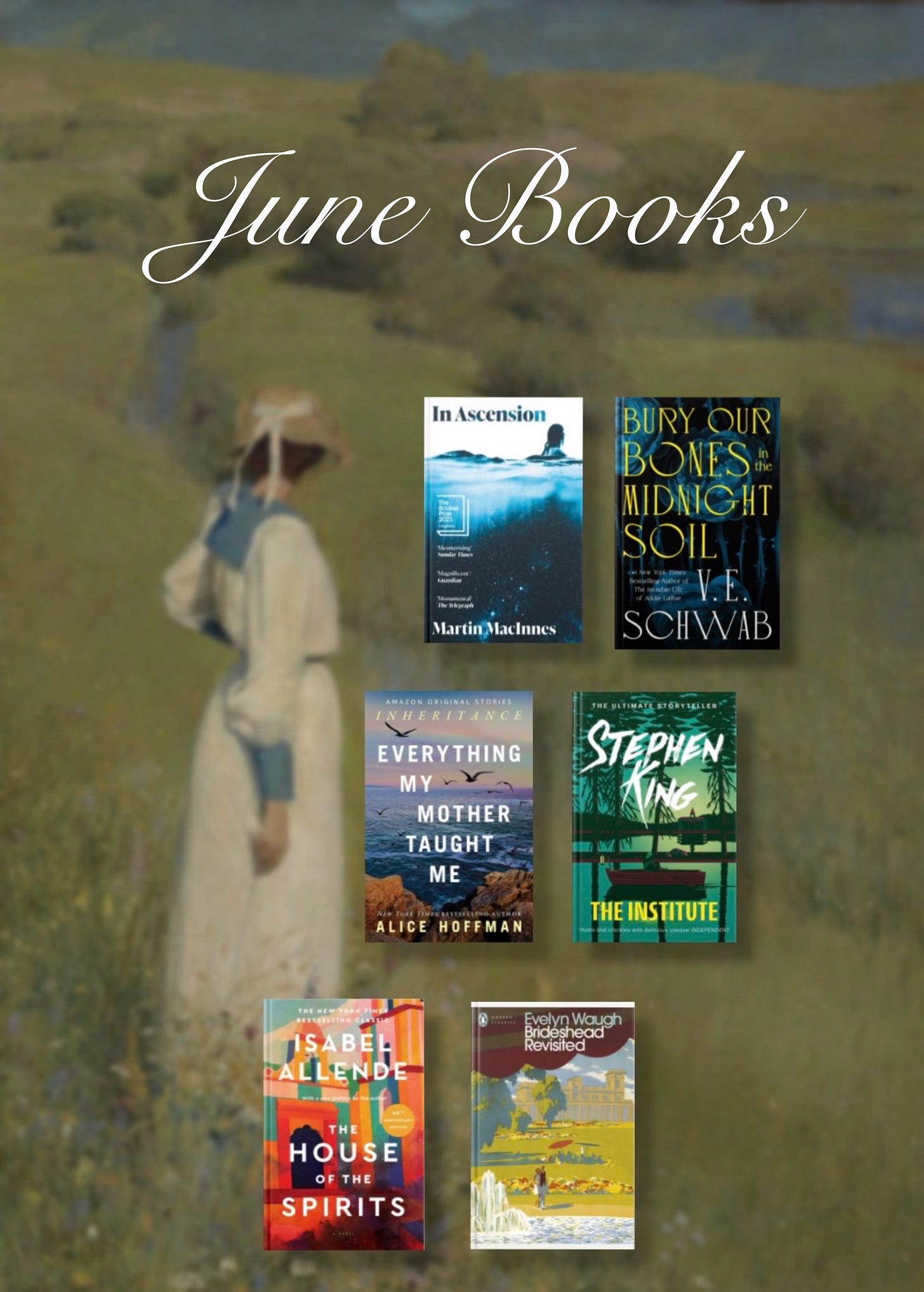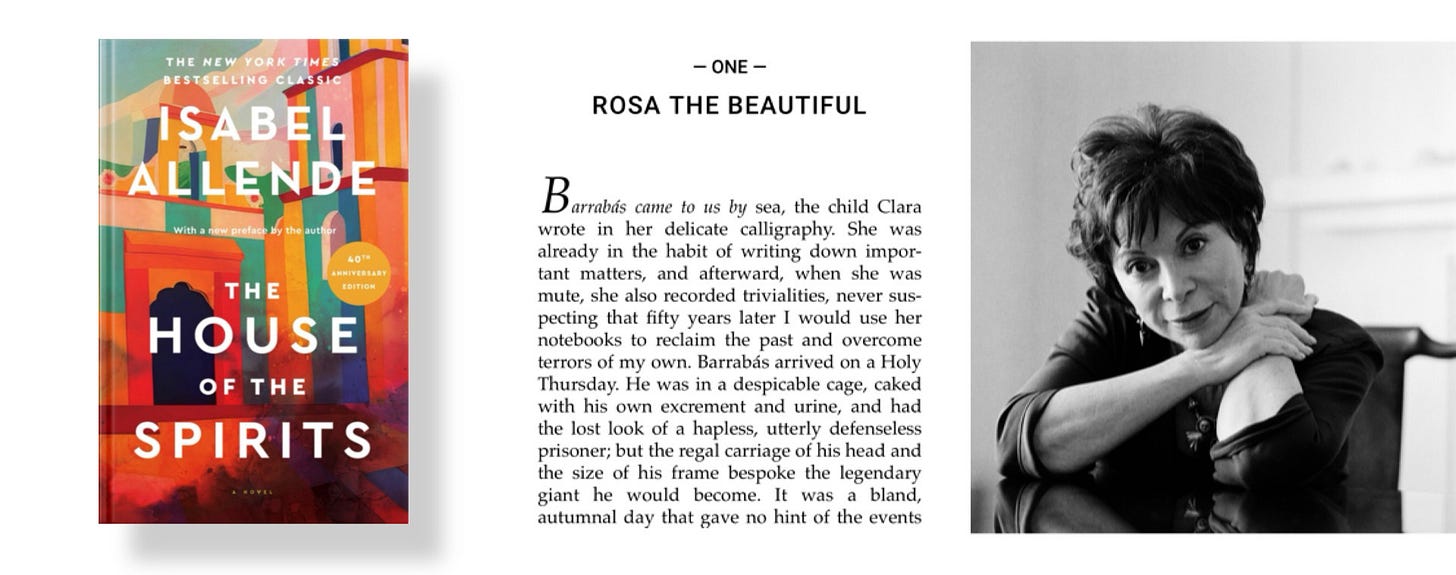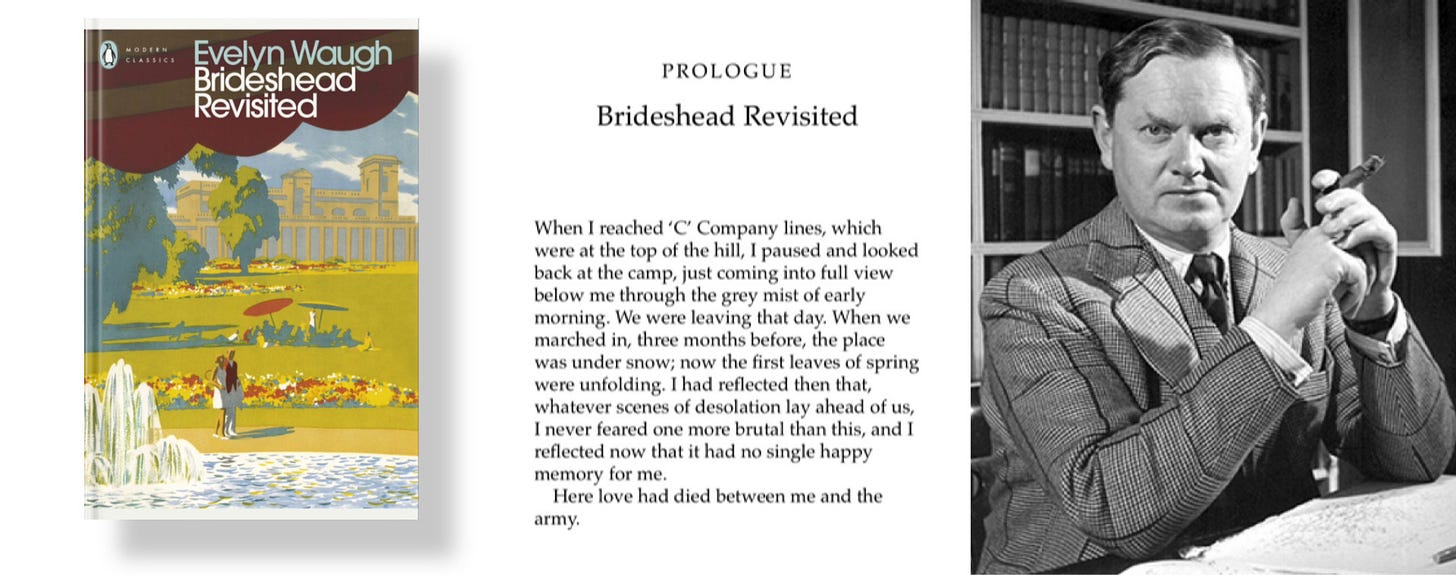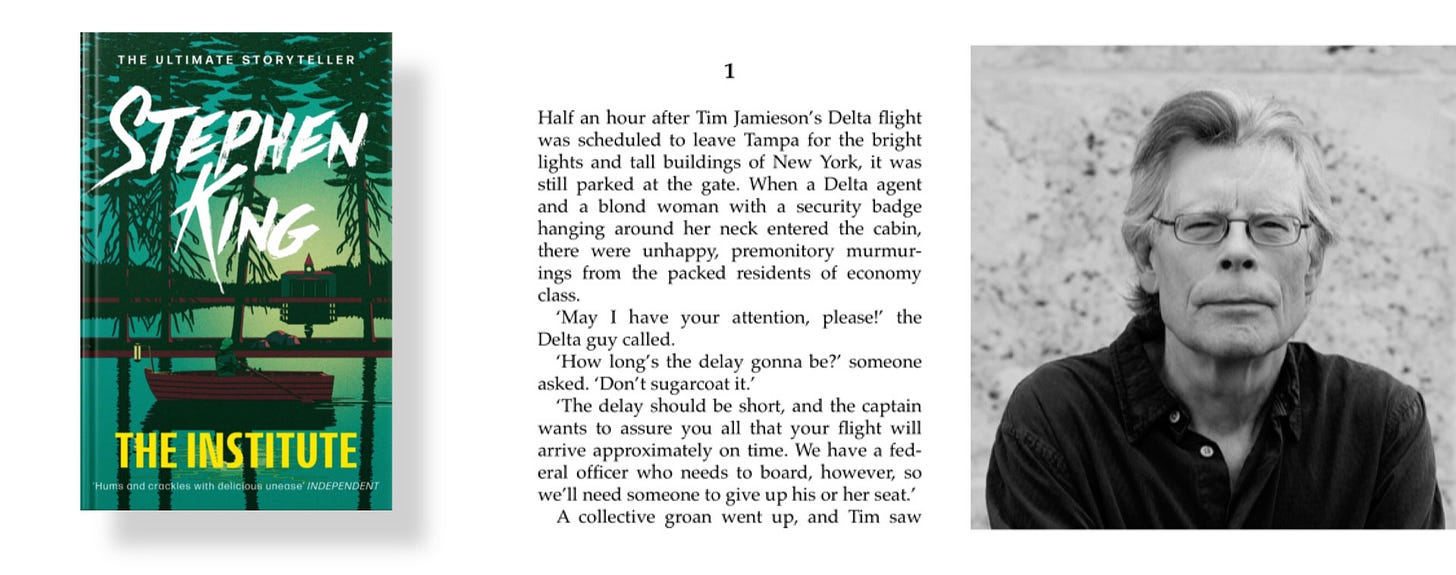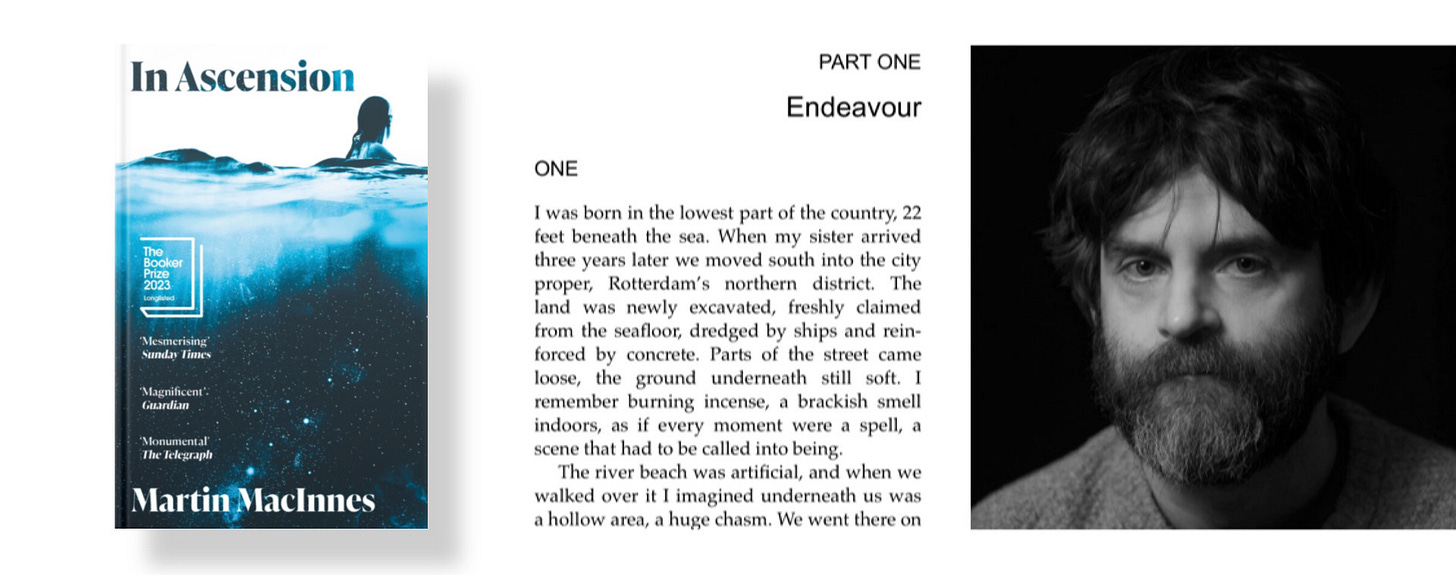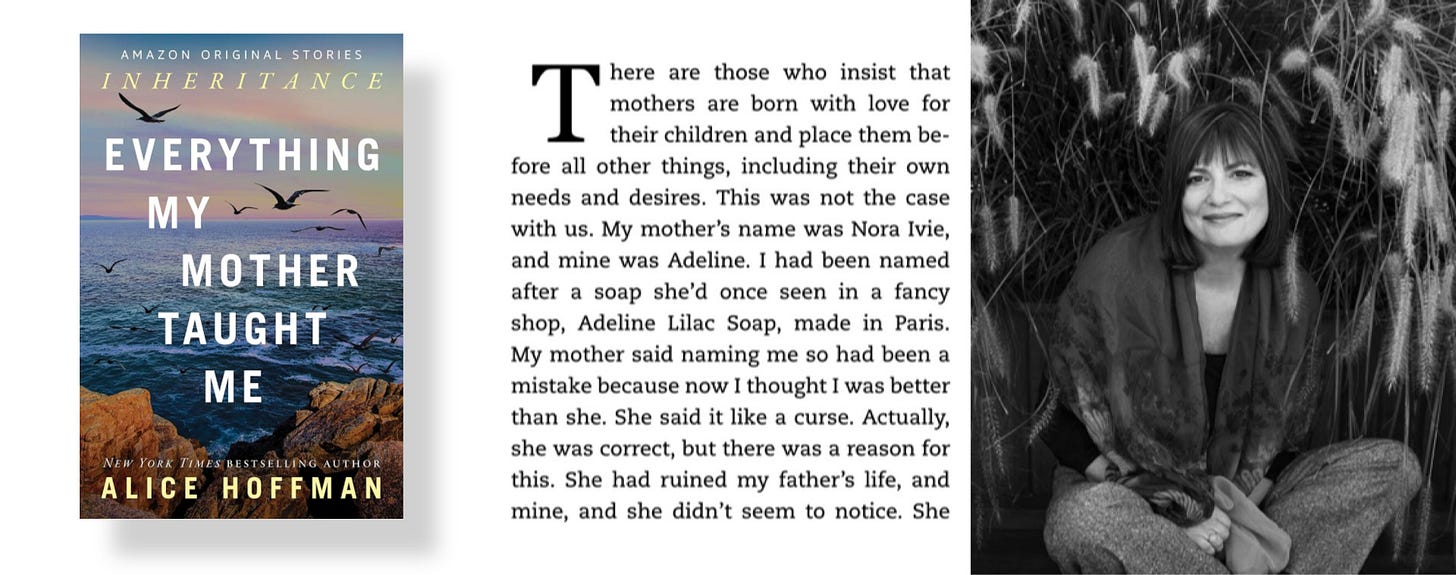We’re officially halfway through the year. So far so good! I wouldn’t call this my best reading year ever (at least not yet) but things can always change. This month I read six books and I’d say it was an okay reading month… definitely better than the last. I didn’t find a new favorite, but all the books I read were good, so no bad reviews this time, just some more opinionated ones.
As always, thank you for reading!
The House of the Spirits written by Isabel Allende.
I will never forget this book, maybe not in the sense that everyone is thinking: oh it was stunning, a page turner, so well written. Yes, it was all of those things. But I will never forget this book for the same reason that it wasn’t one of my favorites of the month: Esteban Trueba. The House of the Spirits is less of a plot driven book and more a multigenerational family saga, with three generations of women who all have to deal with the violent, abusive patriarch of the family: Esteban Trueba. It feels wrong to reduce the book to this, because there’s so much more inside of it. First, Isabel Allende’s writing is superb. For the first half of the novel I really thought this would’ve become one of my favorites. Her writing captivated me from the start, the sprinkles of magical realism, the way she flows through the years, never really missing a beat. She writes about the past, starting in the 1910s, and into the future, reaching the political turmoils of the 70s. I found myself captivated by all the women in the book (with a soft spot for Clara, maybe for her paranormal tendencies, or for her resilience). But unfortunately, every single one of the women in this book has to deal with Esteban, who is, honestly, probably the worst character I have ever read about. Allende chose to give him the privilege of having a point of view, alongside Alba’s (his niece) and the story is told from both of their voices. Living inside his head was a struggle for me. The sexual violence he committed again and again throughout the novel was disturbing, disgusting. He’s physically violent with his wife and daughter, he’s racist, he’s horrible to his sister, and on top of all of that, the violence almost felt excused at the end, just because we get a glimpse of redemption. All the abuse the women endured in the book, not only from Esteban, felt overlooked to me. They all go through the kind of violence that, even reading about it, made me feel sick to my stomach. And seeing that there was no real redemption or justice for them, but there was for him, left me angry and full of despair. I feel like Allende wanted to write about many things, and she succeeded in most of them. But by creating a character so horrible, only to have him sainted at the end of almost 500 pages, it felt like a betrayal to women. The book is dedicated to her mother and to her grandmother, and reading that before starting the book filled me with hope… just to be crushed at the end.
Brideshead Revisited written by Evelyn Waugh.
I have read many books over the course of my lifetime, some I remember by heart, some I forgot all about, of some books I remember the feeling of it, the atmosphere and the dreamy setting, and I think this one will be part of that category. Shrouded in the mist of nostalgia, Brideshead Revisited is a novel full of different themes, all profound, well thought out, and beautifully written. During the final years of World War II, Captain Charles Ryder is sent to Brideshead with his battalion, and the novel becomes a reflection on the years he spent there with his charming, wealthy friend Sebastian, his sister Julia, and the rest of their family. Waugh describes the protagonist’s memories with incredible depth in this book, which is considered his magnum opus by many readers. I had only read Helena before this, which I actually preferred, to be honest. (Waugh himself also considered it his best!) Some parts of Brideshead felt long and a bit dull to me. I could also say there are some very intimate dialogues between the characters, a thing that you can either love or hate. But in both Helena and Brideshead I found that evocative, dreamlike writing that Waugh is so well known for. Part I was the most interesting to me, both Charles and Sebastian are complex characters, Sebastian has a stubborn and childish personality: he always takes his teddy bear with him, he dreads the thought of growing up — all very Peter Pan-esque — until the point where he descends into alcoholism. And like Charles, I found myself fascinated by Brideshead Castle… as a concept. I wasn’t particularly fascinated by Sebastian’s aristocratic family. I suppose I might have been if I had read this when I was 18, young and more susceptible to being lulled by the sumptuous lifestyle of the Flyte family. But as an adult, I found myself rolling my eyes at Charles’s obsession. I saw the flaws yes, but I also saw a young man who might have been longing for something more, and this family happened to be there for him to admire. But about halfway through I started to lose focus. Maybe I just wasn’t in the right headspace. Maybe the ending frustrated me. I never particularly liked Charles, and his ending — his relationship with Julia, his neglect of his children — made it all feel like Waugh wanted to redeem him at all costs. This is just my interpretation and perhaps some things flew over my head. But what didn’t fly over me was the loss of youth, the platonic love, the homosexual undertones, the struggle with faith, the satire, the slow decline of the British aristocracy. These are all things that make this novel more than just a book of memories. They’re what helped turn it into a beloved classic, and that deserves to be recognized.
The Institute written by Stephen King.
I associate Stephen King’s books with my childhood and adolescence. Growing up, my brother was (and still is) an avid horror reader, so of course he influenced me into reading King. Over the years I read most of his older novels, and I was almost never disappointed. Let’s just say he was my favorite writer for a really long time. His works and their movie adaptations really shaped my taste, and honestly, even some parts of my personality. I’m still very attached to a lot of his characters to this day. Obviously, as we grow older, our tastes expand. We discover new authors, let go of our “safe places,” and choose to read books that resonate with us at particular moments in our lives. Just before I stopped reading King for a while, I tried a few of his newer novels (Joyland, Elevation, etc.) and didn’t find that comfort I used to know so well, so I took a break that lasted a couple of years. Last fall, I was intrigued by Fairy Tale, which leans more into dark fantasy. Even if I didn’t love it, I still enjoyed reading it, so this year I kept in mind to choose another one of his newer books. The Institute felt like the one that could keep me interested (it is, after all, almost 700 pages). As always, I found the usual: an enormous cast of characters, a Maine setting, the supernatural and telekinesis, a tight group of children, and a good dose of societal criticism. The Institute is essentially a prison, where gifted children — abducted from their homes in the middle of the night and left orphaned — are subjected to tests meant to expand their already strong powers like telekinesis and telepathy. Before any of this begins, we meet Tim Jamieson, who finds a job at a local police department. He will play a major role later in the novel, helping out our protagonist, Luke. Needless to say, this book could’ve easily been 300 pages shorter. I usually don’t mind when King rambles on with detailed descriptions of every little thing, it actually helps me visualize the setting better and it’s one of the things that made me fall in love with his writing. But here, there’s not as much of that poetic descriptions, and he doesn’t set the atmosphere as well as I would’ve liked. The children were all distinct characters and they were well written, but I didn’t feel a real connection with them, not the way I did with the boys in The Body/Stand By Me or the Losers Club in IT, for example. But the ending did warm my heart, and the start was very strong. I just felt like it lost its way halfway through. Now, about the writing... I always say there’s a point in King’s career where his prose changed drastically, maybe starting with Joyland. It’s not worse by any means, it just changed. I guess that’s normal after so many books and everything he’s been through. Honestly, I would’ve been surprised if he stayed the same. I know some people recommend The Institute as a good starting point for new King readers, but I couldn’t disagree more. First, it really depends on what you’re looking for. Second, this one doesn’t do him justice, like at all. It was readable, yes, and sometimes I found glimpses of that old magic I used to love in his earlier books, but that’s about it. If you’re starting with King, I’d say the best one is Pet Sematary (not just because it’s my favorite, I swear!) or IT (yes, it’s long, but not that heavy.) Or even Different Seasons, short stories are always a great way to test out a new author!
In Ascension written by Martin McInness.
I haven’t read many sci-fi novels in my life, so In Ascension felt a bit intimidating at first, but I’m glad I stuck with it! The story is told through the eyes of Leigh, a marine microbiologist born and raised in the Netherlands. She grows up under the shadow of an abusive father and a mother whose health is rapidly declining, leaving her sister to care for her when Leigh leaves for South America to join a research team exploring the Atlantic Ocean. That journey eventually takes her even further: into space, on an interstellar mission. The novel is deeply shaped by Leigh’s childhood trauma and her difficult relationship with her family. Her emotional history shapes the entire narrative and intensifies her devotion for science, her career, and her connection to the living world around her. I know this is a literary sci-fi novel, but at times I found the science a bit heavy. I knew going in that it would be a challenge, but I wanted to push myself with something different and this book has definitely made me more curious about the genre! Maybe if I’d done a little background reading on biology, I would’ve enjoyed it even more. But I loved the later sections set in space, and there are some beautiful chapters focused on Leigh’s sister that became one of my favorite parts of the book. I’m not sure I’d recommend this to someone completely new to sci-fi, I’d probably go with something lighter first. But even though I felt confused at times, especially in the first half, I always found myself wanting to pick the book back up. The sense of wonder and the deep appreciation for life that runs through it made me really glad I read it!
Bury Our Bones in the Midnight Soil written by V.E. Schwab.
If plot is the main thing you look for in a novel, I wouldn’t recommend picking this one up. But if you’re into multiple timelines, lesbian vampires, a gloomy atmosphere, and character exploration, Bury Our Bones in the Midnight Soil might be exactly what you're looking for! The story is far from linear: we start with the first of three protagonists: Maria, in 1532 Spain. Then we jump to Alice in 2019 Boston. About halfway through, we meet Charlotte, who lives in 1800s England. These timelines eventually weave together in an intricate and detailed way as we get to know more about each woman, their stories and their inner worlds. This was the strongest part of the novel for me: the characters. Especially Maria and Charlotte. Maybe I’m biased (I love a historical setting and usually find modern ones kind of boring) but I didn’t care much for Alice. While reading her chapters, I kept wanting to go back in time to explore the origins of the vampires. Still, I have to admit it was a total page-turner. The writing was surprisingly good! I’ve read one of Schwab’s books before and didn’t find it particularly interesting, but here the prose is solid. It’s accessible without being boring, even if the plot (or the lack of it) sometimes can feel repetitive. But Schwab writes about love and obsession, anger and hunger, grief and yearning in a way that’s genuinely engaging. I was surprised by how much fun I had reading it! That said (aside from the 2019 timeline), I do think the ending had its flaws. It felt a little rushed, and I was honestly kind of mad about what happened to the characters. A bittersweet read for me!
Everything My Mother Taught Me written by Alice Hoffman.
There are some short stories that, even without reaching 50 pages, feel like a whole book, and this one by Alice Hoffman is no exception. It won me over from the beginning: “There are those who insist that mothers are born with love for their children and place them before all other things, including their own needs and desires. This was not the case with us.” A powerful start for a novella. It reminded me a lot of Claire Keegan, a writer I adore, in the sense that both can write a 20-something-page story that makes you feel like you've just read an entire novel in an hour. This story focuses on a mother-daughter relationship, with Adeline struggling with her mother’s unfaithfulness and her cold attitude, especially after the death of Adeline’s father. This scars her so deeply that she decides to suddenly stop speaking. When her mother takes a job as a housekeeper at a lighthouse, Adeline surprisingly finds that she loves it there, unlike her mother, who hates every second of it. It’s in this strange, quiet place that Adeline starts to find herself, slowly breaking free from the neglect and emotional abuse her mother has always imposed on her. I love a hopeful ending, and I love a 1900s setting. The atmosphere is moody, vivid, stormy, it sticks with you. I don’t know why I took so long to pick up an Alice Hoffman book. I can’t wait to read more of her (especially Practical Magic!). I’d recommend this to everyone, especially if you’re going through a reading slump, it’s short, powerful, and so easy to read!




